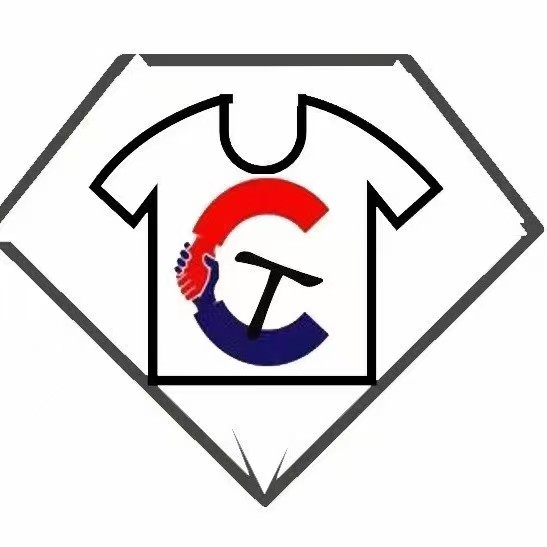Vietnam has emerged as a major player in the global fashion industry, with a growing number of international brands choosing to manufacture their clothing in the country. While this has brought about economic opportunities and growth for Vietnam, it has also raised concerns about labor practices in garment factories.
In recent years, there has been a growing movement towards ethical fashion in Vietnam, with a focus on ensuring fair labor practices for the workers employed in garment factories. This shift towards ethical fashion has been driven by a number of factors, including increased awareness among consumers about the impact of their purchasing decisions, pressure from international brands to improve working conditions, and a desire among local garment factory owners to improve the reputation of the industry.
One of the key ways in which garment factories in Vietnam are prioritizing fair labor practices is by implementing codes of conduct and ethical sourcing policies. These policies outline the rights of workers, including fair wages, safe working conditions, and the right to join a union. Many factories have also introduced regular audits and inspections to ensure compliance with these standards.
In addition to implementing codes of conduct, some garment factories in Vietnam are also investing in training programs for their workers to improve their skills and provide them with opportunities for career advancement. By investing in their workers, these factories are not only improving the quality of their products but also creating a more sustainable and ethical supply chain.
Another important aspect of ethical fashion in Vietnam is the promotion of transparency and accountability in the industry. Many garment factories are now working with third-party organizations to certify their compliance with ethical standards and provide consumers with information about the production process. By being transparent about their practices, these factories are building trust with consumers and demonstrating their commitment to fair labor practices.
Overall, the shift towards ethical fashion in Vietnam is a positive development for the industry, workers, and consumers. By prioritizing fair labor practices, garment factories are not only improving the lives of their employees but also contributing to a more sustainable and responsible fashion industry. As consumers become more aware of the social and environmental impact of their purchasing decisions, the demand for ethical fashion is likely to continue to grow, creating a more ethical and sustainable future for the fashion industry in Vietnam and beyond.
